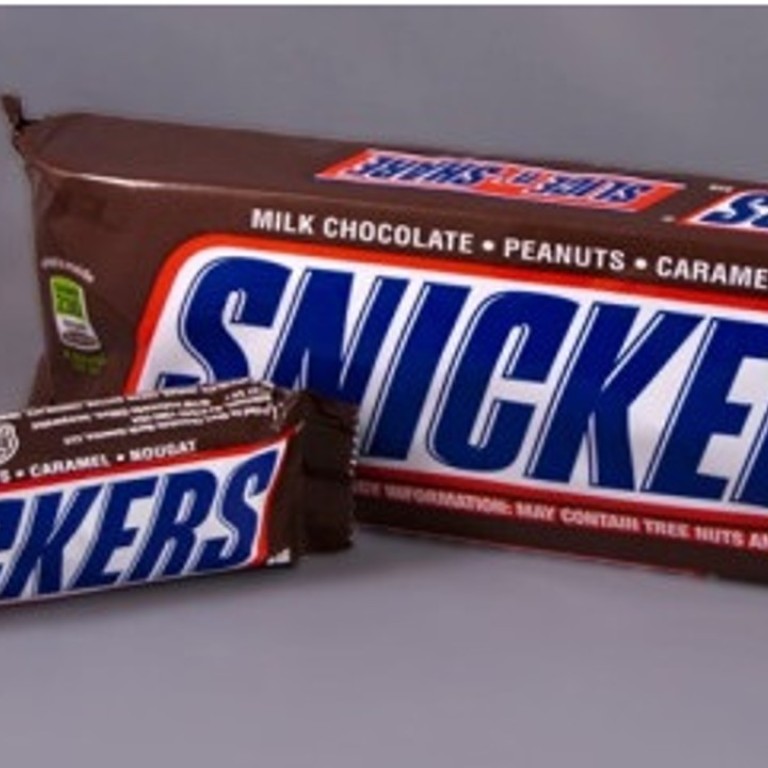
Supersized chocolate bars and sweet bags are banned from British hospitals
Supersized chocolate bars and “grab bags” of confectionery are to be banned for sale in British hospitals as the National Health Service ratchets up its fight against obesity.
Simon Stevens, the NHS chief executive, has warned that obesity will bankrupt the health service and has stated his determination to do what he can on hospital premises.
Shops inside hospitals have notoriously stocked sugary drinks, confectionery and unhealthy snacks in the past, which have been bought not only by patients and their visitors but also by NHS staff. Nearly 700,000 of the NHS’s 1.3 million staff are estimated to be overweight or obese.
Stevens has instructed all hospitals not to allow any confectionery on the shelves that contains more than 250 calories. Most regular chocolate bars are below 250 calories, but the supersized varieties contain more.
The NHS is now stepping up action to combat the ‘supersized’ snack culture which is causing an epidemic of obesity
Also out are “grab bags”, which are theoretically to share or save – they may be labelled as containing several portions. Stevens’ edict will force hospitals to ban them because the contents, which could be consumed by one person in one go, contain far more than 250 calories.
“The NHS is now stepping up action to combat the ‘supersized’ snack culture which is causing an epidemic of obesity, preventable diabetes, tooth decay, heart disease and cancer,” said Stevens.
“In place of calorie-laden, sugary snacks we want to make healthier food an easy option for hospital staff, patients and visitors.”
The NHS has already taken action that campaigners hoped to see in the government’s anti-obesity strategy for the whole country. Price promotions have been banned, as has advertising of unhealthy foods – high in salt, fat or sugar – on NHS premises. Healthy options are supposed to be available at all times, for patients, visitors and staff.
As part of the crackdown, leading retailers including WH Smith and Greggs agreed in April that no more than 10% of their soft drink sales would be high in sugar.
Health authorities are already being given financial incentives to drastically reduce the numbers of packaged sandwiches and other meals sold that contain more than 400 calories or more than 5g of saturated fat per 100g and the numbers of drinks containing more than 5g of added sugar per 100ml.
The Royal Voluntary Service, which runs shops, cafes and trolleys on the wards, has introduced a Healthier Choices programme, which is “having a significant effect on consumer behaviour,” said business enterprise manager Andrew Roberts. “In the first quarter of 2017, year-on-year sales of fruit increased by 25 per cent, healthier chilled snacks like salad and sushi by 55 per cent and healthier sweet and savoury snacks like popcorn and dried fruit by 109 per cent.”
Dr Alison Tedstone, chief nutritionist at Public Health England, said: “Hospitals have an important role in addressing obesity – not just treating those suffering the consequences, but helping to prevent it in the first place. Any plans to offer healthier food are a positive step towards tackling the country’s obesity problem.”

